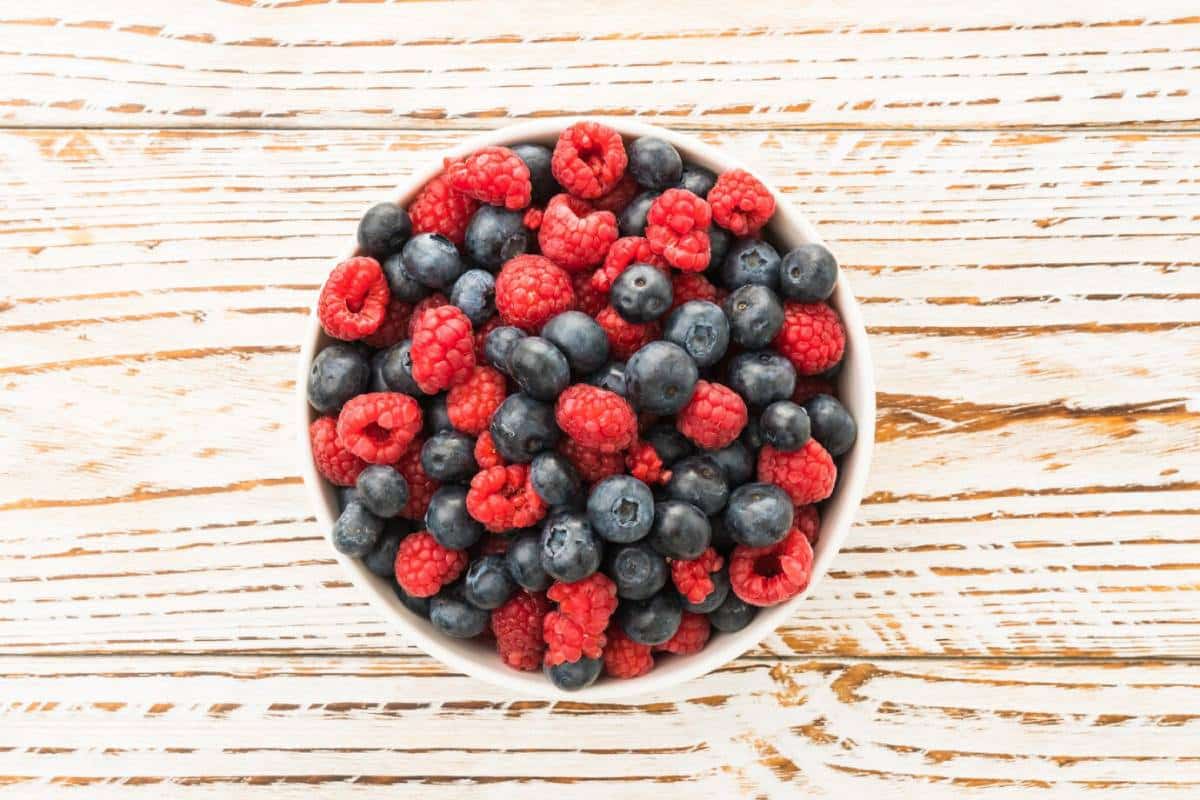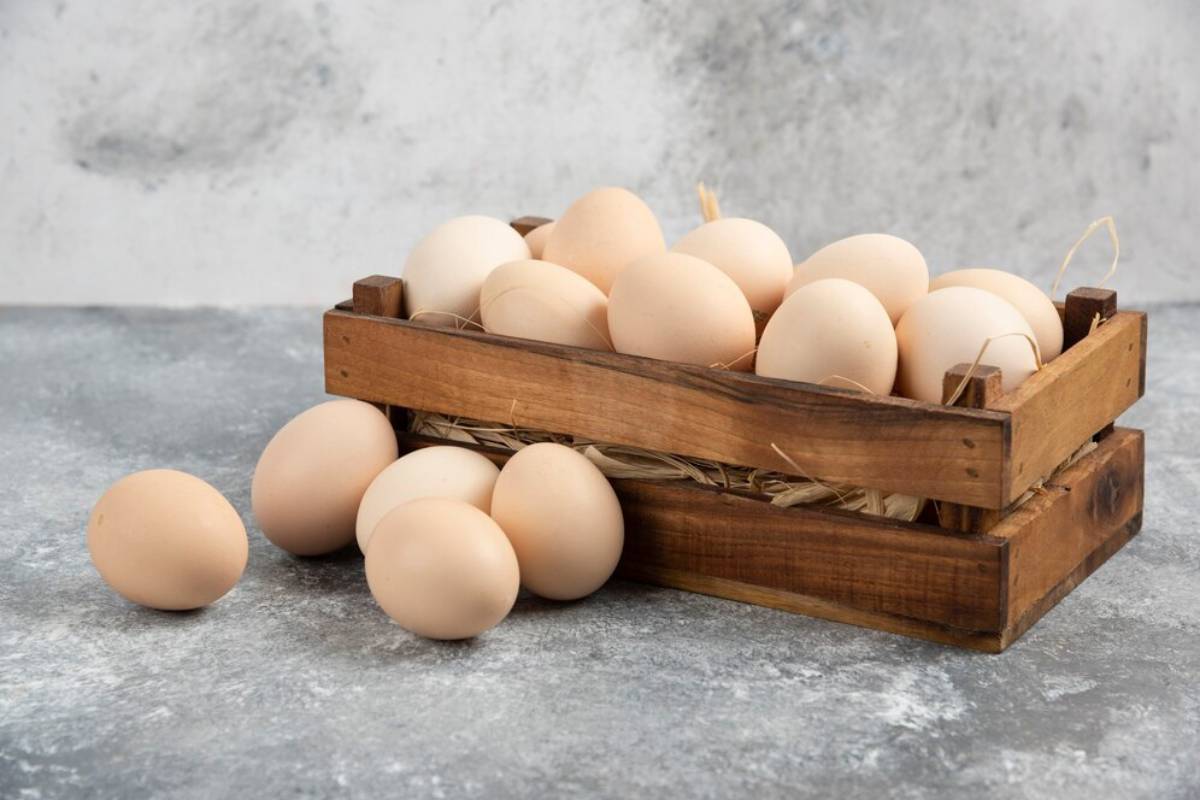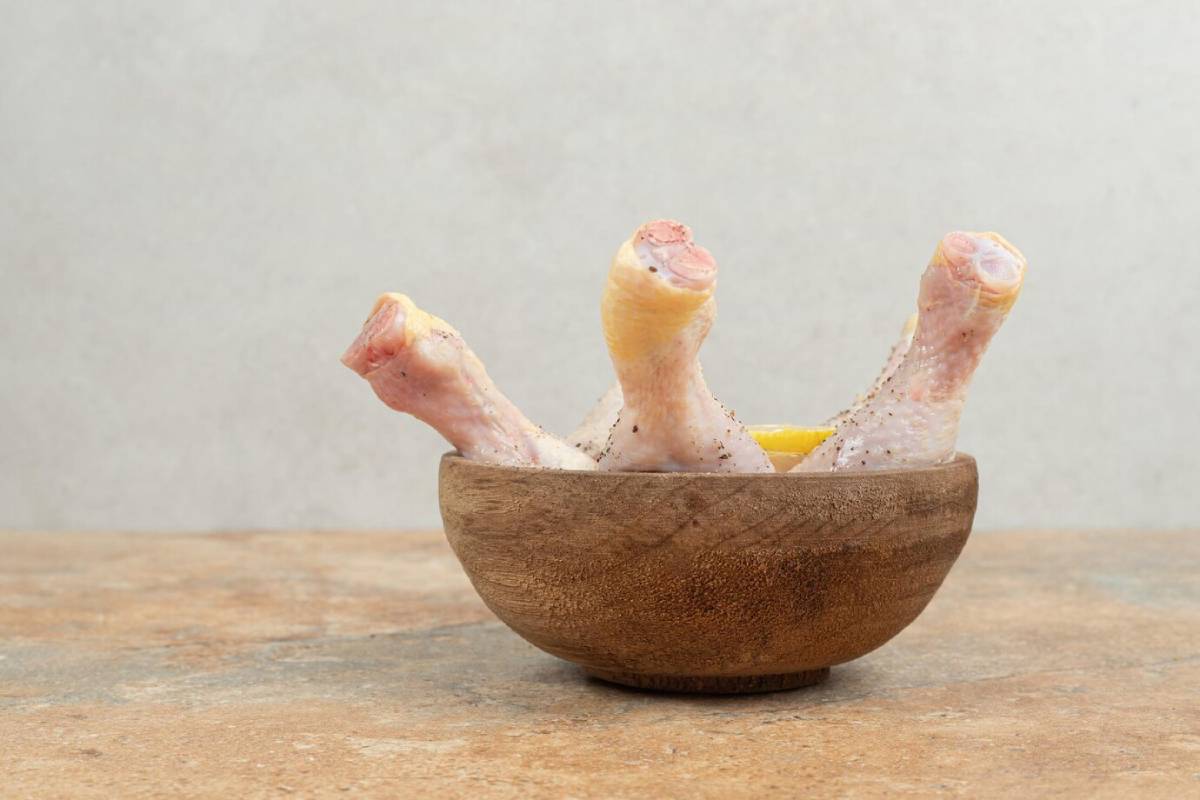
Natural Additives to Boost Dog Food Nutrition
You’ve made the leap — trading in store-bought kibble for lovingly prepared, homemade meals for your dog. That’s a brilliant first step. But here’s the catch: while homemade dog food can be wholesome and fresh, it may not cover all your dog’s nutritional bases. That’s where natural dog food additives come into play.
Think of these enhancers as the seasoning and superfoods of your dog’s diet — tiny additions that make a big difference. Whether you’re aiming to improve digestion, support joints, or simply make meals more complete, natural additives can do wonders. And the best part? Many are already in your kitchen.
In this post, we’ll walk you through the best natural additives, how they work, and how to use them safely. You’ll also find practical tips, simple recipes, and real-world insights to help your pup thrive on a more balanced, nourishing diet.
The Role of Additives in Homemade Dog Food
Why Supplement at All?

Homemade meals often miss key nutrients unless carefully formulated. While meats, veg, and grains cover many needs, certain essential vitamins and minerals might be lacking — such as calcium, omega-3 fatty acids, zinc, or even vitamin E.
Here’s what natural additives can help with:
- Filling nutritional gaps in your dog’s diet
- Supporting specific health needs, like joint or skin health
- Enhancing taste and palatability, especially for picky eaters
- Aiding digestion and gut health
And they’re not synthetic – these are whole food ingredients that work in harmony with your dog’s body.
Top Natural Additives and Their Benefits
Let’s break down the best natural enhancers you can confidently add to your dog’s meals.
1. Chia Seeds and Flaxseeds
Boosts: Omega-3s, fibre, and skin health
These tiny powerhouses are rich in ALA omega-3 fatty acids, which help with inflammation and give your dog a shiny coat. They’re also loaded with fibre, supporting digestion.
How to use:
- Grind before feeding for better absorption
- Start with ¼ teaspoon for small dogs, 1 tsp for larger breeds
- Mix into wet meals or sprinkle over dry food
Tip: Soak chia seeds for 10 minutes before adding to meals to avoid absorbing water from your dog’s stomach.
2. Kelp Powder
Boosts: Iodine, thyroid support, and minerals
Kelp is a sea vegetable rich in trace minerals, especially iodine, which supports healthy thyroid function — vital for metabolism and energy levels.
How to use:
- Choose high-quality, sustainably harvested kelp
- Use sparingly: ⅛ tsp for small dogs, ¼ tsp for large ones
- Avoid overuse to prevent iodine overdose
3. Bone Broth
Boosts: Joint support, hydration, and gut health
Slow-cooked bone broth is rich in collagen, glucosamine, and chondroitin, making it a joint-health superstar. It’s also excellent for hydration and soothing sensitive stomachs.
How to use:
- Add a few tablespoons to meals as a topper
- Freeze in cubes for portion control
- Avoid onions or excess salt in homemade versions
Anecdote: A reader once shared how bone broth transformed her senior dog’s mobility within weeks. “It’s like he got his bounce back!” she said.
4. Eggs (including shells)

Boosts: Protein, biotin, and calcium
Eggs are one of the most complete protein sources you can offer. The yolk provides vitamins like biotin (great for skin and nails), while ground eggshells are an excellent natural calcium source.
How to use:
- Serve cooked or raw eggs 1–2 times per week
- Dry and grind eggshells to a fine powder before adding
- ½ tsp of ground eggshell = approx. 1,000mg of calcium
5. Turmeric
Boosts: Anti-inflammatory, pain relief, immune support
Turmeric’s active compound, curcumin, has powerful anti-inflammatory properties. It’s especially helpful for dogs with arthritis or autoimmune issues.
How to use:
- Mix with black pepper and coconut oil for better absorption
- Use in small doses: ¼ tsp per 10kg of body weight
- Stir into warm food or bone broth for best results
Note: Start small and watch for digestive sensitivity.
6. Blueberries and Berries
Boosts: Antioxidants, brain health, and immunity
Berries are nature’s candy – sweet, low in calories, and packed with antioxidants. They support immune health and may even aid cognitive function in older dogs.
How to use:
- Add 3–5 fresh or frozen berries to meals
- Blend into smoothies or mash for easier chewing
- Serve as a treat or meal topper
7. Plain Yoghurt or Kefir
Boosts: Probiotics and gut health
Fermented dairy introduces healthy bacteria that support your dog’s microbiome, key to digestion, immunity, and even mood.
How to use:
- Choose plain, unsweetened yoghurt or kefir
- Offer 1–2 tablespoons per meal for medium dogs
- Avoid if your dog is lactose intolerant
Homemade Recipes Using Natural Additives
A. Skin-Soothing Chicken & Chia Bowl
For dogs with dry skin or dull coats
Ingredients:
- 1 cup cooked chicken (shredded)
- ½ cup cooked quinoa
- ½ tsp ground flaxseed
- ¼ cup chopped spinach
- 3 blueberries
- Optional: 1 tsp bone broth
Instructions: Mix everything together. Serve warm or at room temperature.
B. Joint-Friendly Beef & Broth Bowl
Great for senior dogs or large breeds
Ingredients:
- 1 cup ground beef (cooked)
- ½ cup sweet potato (mashed)
- 2 tbsp bone broth
- ¼ tsp turmeric (with black pepper)
- ¼ tsp kelp powder
Instructions: Blend and serve. You can batch-cook and refrigerate for up to 3 days.
Safe Usage and Common Mistakes
Avoid Over-Supplementing
Just like with humans, more isn’t always better. Stick to recommended dosages, and rotate additives weekly to provide variety without overload.
Watch for Allergies or Sensitivities
Introduce one additive at a time and observe for any changes — itchy skin, upset stomach, or changes in stool might be signs to reduce or eliminate the new item.
Always Consult Your Vet

Before making major changes or adding supplements regularly, get your vet’s approval. Especially important for dogs with existing health conditions or on medication.
Real-Life Wins from Pet Owners
We asked readers to share their experience adding homemade enhancers. Here are a few gems:
- Marie from Devon said her anxious rescue pup started sleeping better after she added kefir daily.
- Ben in Manchester shared that turmeric noticeably eased his border collie’s arthritis symptoms.
- Lara from London found that kelp helped balance her dog’s thyroid levels — after months of sluggish behaviour.
Your experience matters too. Your dog is unique, and observing how they respond is part of the journey.
Small Additions, Big Health Wins
Every spoonful matters when it comes to feeding your dog. Adding just a few natural dog food enhancers can turn a good homemade meal into a complete, healing, and delicious one. These additions offer more than nutrients — they support longevity, vitality, and your dog’s overall joy in eating.
So what’s next? Try introducing one new additive this week. Keep it simple. See how your dog responds. You might just notice brighter eyes, a glossier coat, or even a little more pep in their step.
Ready to Elevate Your Dog’s Bowl?
Leave a comment below with your favourite natural additive or any questions you have. Or share this post with fellow dog parents — because every pup deserves a meal made with care and packed with goodness.


